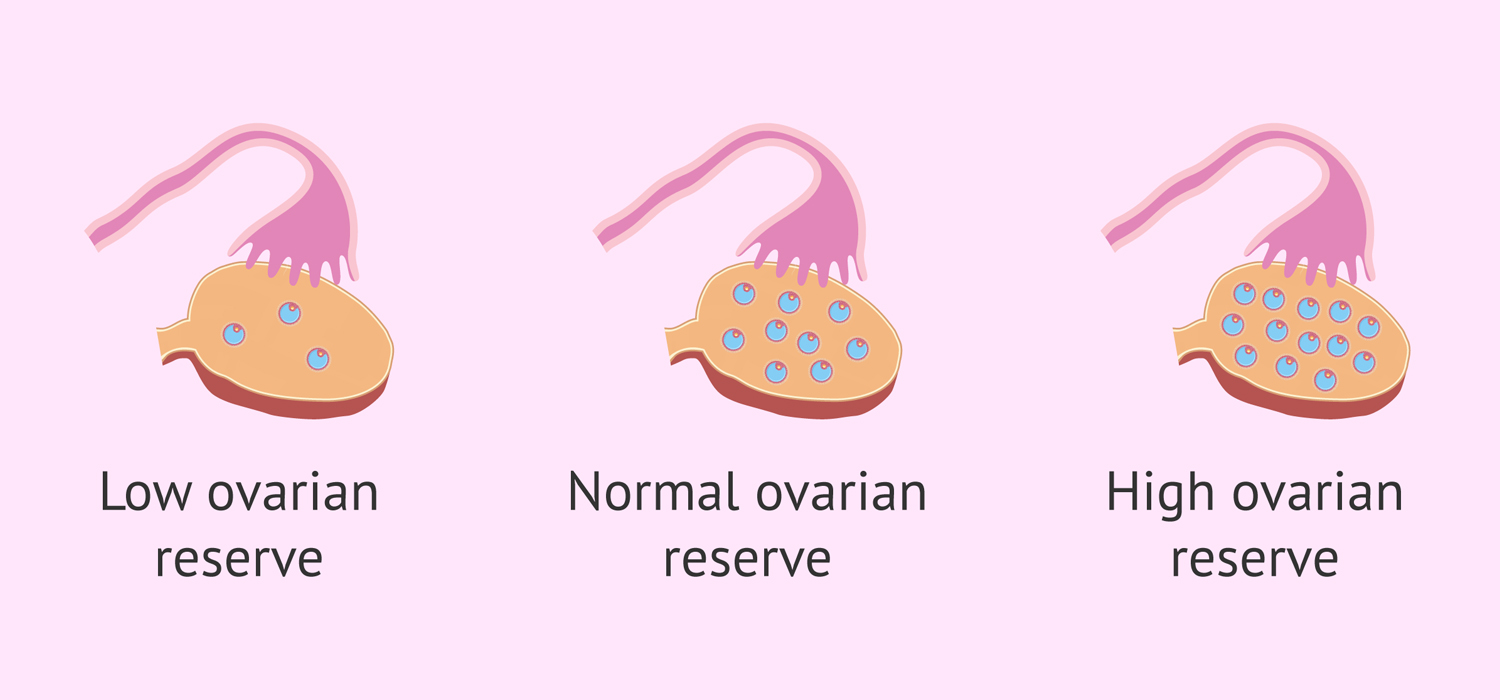Poor Ovarian Response
What is poor ovarian response?
Poor Ovarian response is when the ovaries, that are stimulated to produce eggs, do not respond appropriately with satisfactory number of egg production. These patients are termed as poor Ovarian responders.
Why do women respond poorly to ovarian stimulation?
There are many factors that can predict poor response :
- 1. Age of the woman- with increase in age, the number of eggs in the ovaries ( Ovarian reserve) is reduced. Older women tend to respond poorly to stimulation
- 2. AMH ( Anti-Mullerian Hormone levels) This hormone is a marker for the ovarian reserve and women with low AMH respond poorly to stimulation
- 3. AFC ( Antral Follicular count) This indicates the number of follicles in the ovaries that are available for proposed stimulations. It is assessed by a transvaginal scan on second or third day of menstrual period. Like AMH, a low AFC predicts poor response.
- 4. Other factors that can impact response- Endometriosis, FSH receptor polymorphisim ( genetic defect which reduces the response to stimulation), Previous history of poor response to stimulation etc.
How is POR treated?
The Poseidon Classification offers a guide to the possible approach to treatment.
There is no evidence for any particular COS protocol to improve treatment outcome, but GnRH antagonist protocols may reduce treatment burden. Addition of LH to COS protocols seems to increase to number of oocytes retrieved and the clinical pregnancy rates. Natural and modified natural cycles may also improve the outcome in women who are poor responders. There may be a role for newer modalities of treatment like oocyte and embryo accumulation, PGS to rule out aneuploidy, In-Vitro-Activation (IVA) of ovarian cortical tissue. But before we bring them into routine clinical use, they need to be assessed in large-scale randomized controlled studies to assess the efficacy for poor responders.
As poor responders are not homogenous for pregnancy prospects, female age and number of oocytes retrieved will modulate the chances for pregnancy in current and subsequent cycles
Management of poor ovarian responders still represents a therapeutic challenge for the clinicians as it being a heterogenous group with no uniform protocols and the prognosis for these patients may vary greatly depending on patient characteristics. One must also remember that one cannot recruit follicles that do not exist and also the egg quality cannot be fundamentally altered.
For more info, Follow : medlineacademics.com
